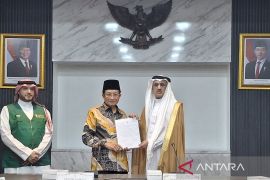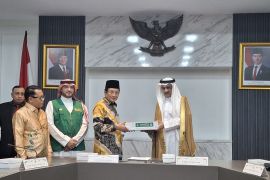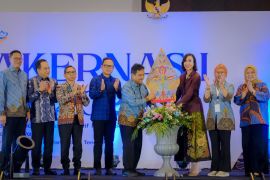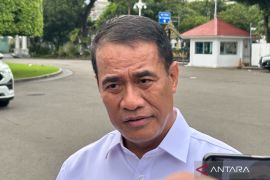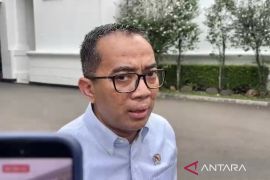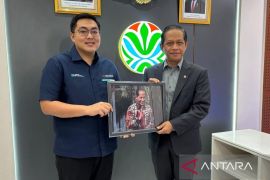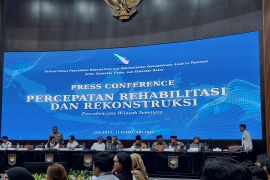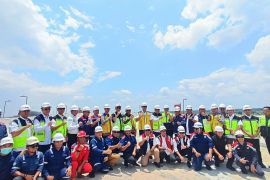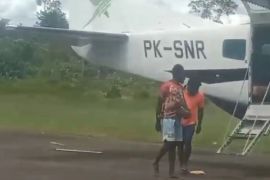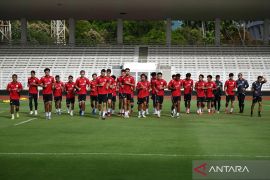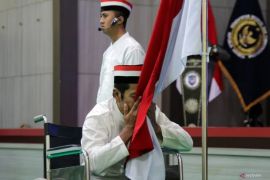Arwana fish could continue laying eggs and breeding were running well although the breeding areas were only 50 meters from the oil palm plantations, said two of the local Arwana fish breeders, Dulkarim,44 and Sukarman,43.
"The fact is that my fish ponds are still productive, despite their close location to the oil palm plantations," Dulkarim said, adding that Arwana breeding requires special care and of special water and soil acidity.
"There is no bad effect of the oil palm plantations near the fish ponds since the acid of the ponds remain intact," Dulkarim said.
The local oilpalm plantations business started two years ago near the breeding activities of the Arwana fish super red species.
During the previous harvest time, according to Dulkarim, he could sell as many as 200 Arwana fish fry worth 250 thousand rupiah, which he made use to send his child to college in Jakarta and able to buy two units of the car.
"There is no problem with the fish marketing, we even export our Arwana to Japan," he said, adding that he hasn`t yet exported to China.
Meanwhile, Sukarman claimed that he had twice harvested the fish and sold 50 of them worth 2.5 million rupiah each or totaling 125 million rupiah.
However, there is no break-even point yet, Sukarman said, noting that he has invested about 300 million rupiah for the fish breeding.
There are some 100 super red Arwana fish breedings in the Semitau and Suhaid subdistricts. The local people called the super red Arwana as dragon fish.
In the meantime, spokesman of the oil palm plantations company PT Kartika Prima Cipta (KPC) said that the firm used pesticides with proper dosage system, the right way, on time, and apply the principles of environmentally friendly so it did not affect the Arwana fish breedings.
Semitau and Suhaid subdistricts are part of the super red Arwana producing areas in the Lake Sentarum National Park (TNDS).(*)
(U.A057/f001/A/H-NG /a014)
Editor: Ruslan Burhani
Copyright © ANTARA 2011
